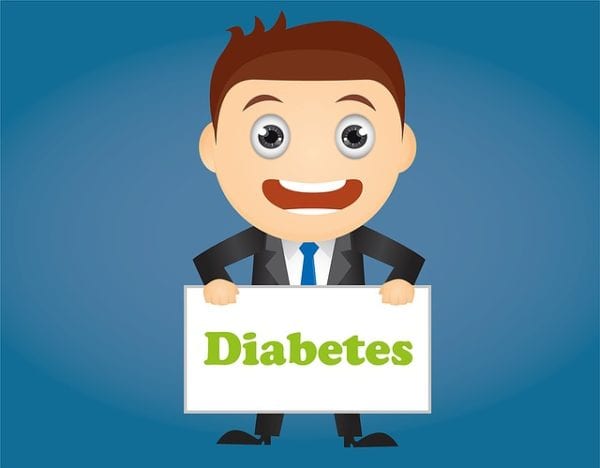A compelling indication is simply another reason (typically a disease state) as to why you choose a medication. Compelling indications in diabetes are increasingly important in medication selection in diabetes. I lay out some of those reasons below.
Metformin Compelling Indications
Metformin is going to be a first-line medication in type 2 diabetes (with a few rare exceptions). In younger populations, metformin can be used in the management of PCOS. I have also seen metformin used off-label in patients who have had weight gain due to the use of antipsychotics.
GLP-1 Compelling Indications
One of the biggest revelations in the last several years of diabetes care is evidence that some medications may be beneficial in reducing the risk of negative cardiovascular outcomes. The majority of GLP-1 agonists have some data on this and if you have a patient who has a history of heart disease, MI, etc. this is likely going to be part of your medication selection process.
In addition to the cardiovascular benefit, the GLP-1’s can also help with weight loss. More specifically, liraglutide actually has an indication for weight loss (at doses higher than the dose targeted for diabetes). Liraglutide for weight loss is indicated to be increased up to 3 mg. The standard dose in diabetes is 1.8 mg.
We have also recently added an oral GLP-1 agonist to our medication arsenal. I discuss this new revelation further on this podcast episode.
SGLT-2 Compelling Indications
SGLT-2 inhibitors are another relatively new class of medication (compared to sulfonylureas, metformin, etc). If you remember the mechanism of action of SGLT-2’s, you’ll remember that they can help have a mild diuresis type effect. This can do a couple of things that might be considered a compelling indication in patients with diabetes. With diuresis, I first think about the potential to have a mild blood pressure-lowering effect. Another somewhat recent revelation is evidence that it may help reduce the risk of heart failure.
In addition to heart failure, some of these drugs have proven that they reduce the risk of cardiovascular and renal disease. These are all big-time problems with diabetes.
Hypoglycemia Risk
While a compelling indication is generally considered a good reason to select a medication, I did want to throw in one important reason why you wouldn’t want to use a couple of specific classes. In patients with a history of frequent hypoglycemia episodes or severe hypoglycemia, we need to recognize that insulin stimulating agents like sulfonylureas and glinides should generally be avoided (at a minimum used with extreme caution).
Have any other compelling indications in diabetes that I missed here? Leave a comment below!
- 30 medication mistakes PDF
- 18+ Page Drug Interaction PDF
- 10 Commandments of Polypharmacy Webinar based on my experiences in clinical practice



0 Comments